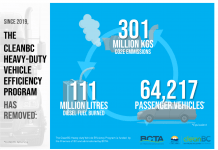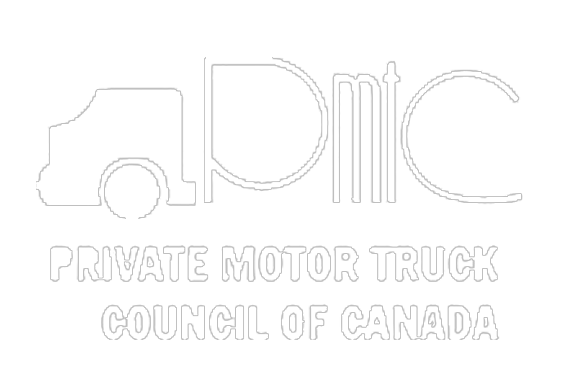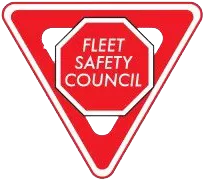Driving a commercial truck, bus, or other vehicle is a great ability to have. If you make a living with your driver’s license, congratulations: you are a qualified worker in an essential industry where job prospects are generally strong.
However, just because you have a commercial license and drive a truck does not make you a professional. I remember early in my career when a long-time trucker told me “that license doesn’t make you a trucker”; once I had lived the life of a long-haul driver, I understood why.
Truck drivers who take no pride in their work do themselves and the industry a disservice. We should be proud of the work we do on the road, and because we share our workspace with members of the public, we need to accept the responsibility that comes with operating heavy vehicles and make the decision to be professionals.
That is what this article is about: deciding to be a professional driver.
Professionalism is a Choice
No matter what job a person has, professionalism does not come standard. Being a professional is a conscious decision on the part of the worker.
In this context, I consider the choice to be a professional the choice to do what is right for others and the industry instead of what is simply the quickest or easiest. In this sense, a professional driver abides by the safety rules, acts politely with members of the public and customers, and considers how their own actions reflect on the trucking industry as a whole.
Anyone driving a truck for wages is a worker in the trucking industry, but it takes a conscious decision to act like a professional to be considered a professional driver.
Why Professionalism is Good for You
In the section above, I stated that part of professionalism is doing what is right instead of simply serving yourself. While this is a nice ideal, some may argue that the entire point of driving a truck is to make money and that there is nothing wrong with drivers making themselves their own top priority.
I agree that drivers need to look out for themselves and not tolerate unfair pay deals and disrespect. However, putting others first and driving safely – traits of a professional driver – also have a roundabout way of serving the driver.
If, through your own good actions, you are considered a professional driver by those around you, you are more likely to advance in your company and will be a more attractive hire at other companies. If you drive like a professional you will also have a better driving record than those who do not honour the rules of the road: another advantage to choosing professionalism.
Why Professionalism is Good for Your Company and Industry
Acting like a professional will also help your company and industry. As a driver, you are constantly in view of the public. Your actions directly influence how other people think about the trucking industry and the company you work for.
I believe that helping your industry will also help you. If you go the extra mile on a regular basis to demonstrate your professionalism, you will eventually receive some sort of positive feedback for your efforts.
For example, if you choose to treat your company’s customers with respect and act professionally in all of your encounters with them, it is likely that they will one day relay this information back to your employer. Trucking companies want to keep good drivers, so if you distinguish yourself as a professional operator to your employer you have made yourself a more valuable member of their team and they may reward you for your efforts.
Why Professionalism is Good for Society
Is there any value in being a professional driver over a regular driver even if you never see any more money for your efforts? I say yes.
A professional driver is someone who helps other traffic merge onto the freeway even if it means slowing down a bit. A professional driver makes sure their rig’s lights are in safe working condition which makes their truck safer for other members of the public.
I could go on about other examples of professionalism in trucking, but what is the important message here is that professionalism in trucking correlates to safety. And all drivers should want to be safe drivers.
Dangerous driving resulting in a collision can create the kind of guilt that can ruin lives. However, if you are involved in a collision but know that you were driving safely and did everything you could to prevent the collision, even if the outcome of the collision is bad you will still be comforted by the fact that your actions did not contribute to the outcome and may have even made it better than it could have been.
No one person owns the roads, and all road users must do what they can to help others arrive safely at their destinations. Truck drivers that choose to operate as professionals will not only be improving their own career prospects but will also be working towards making our society a safer, more pleasant place to live.






















